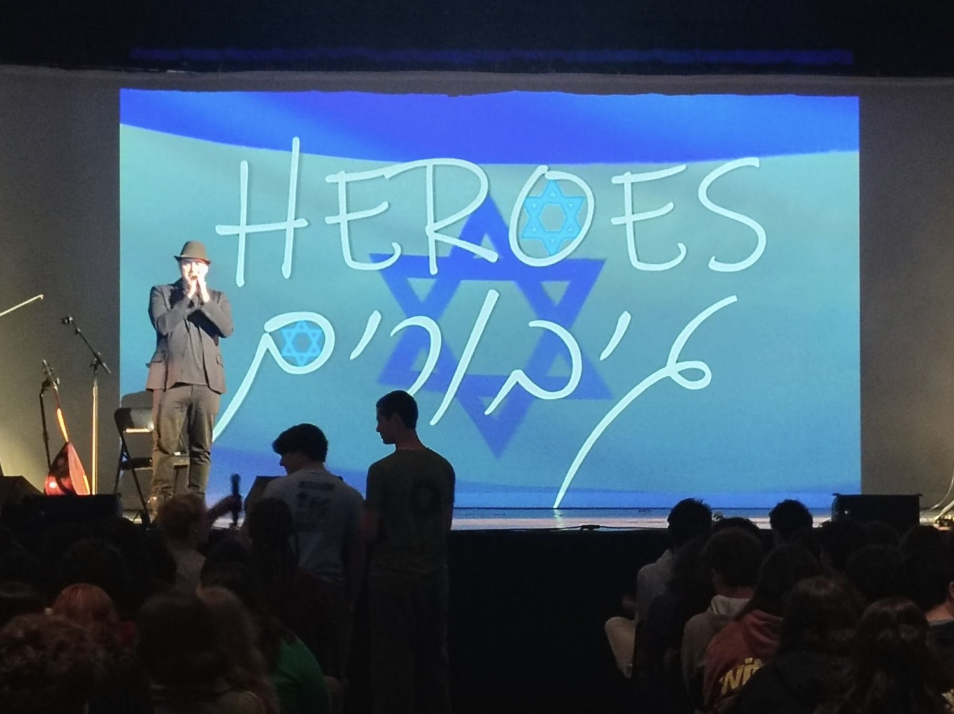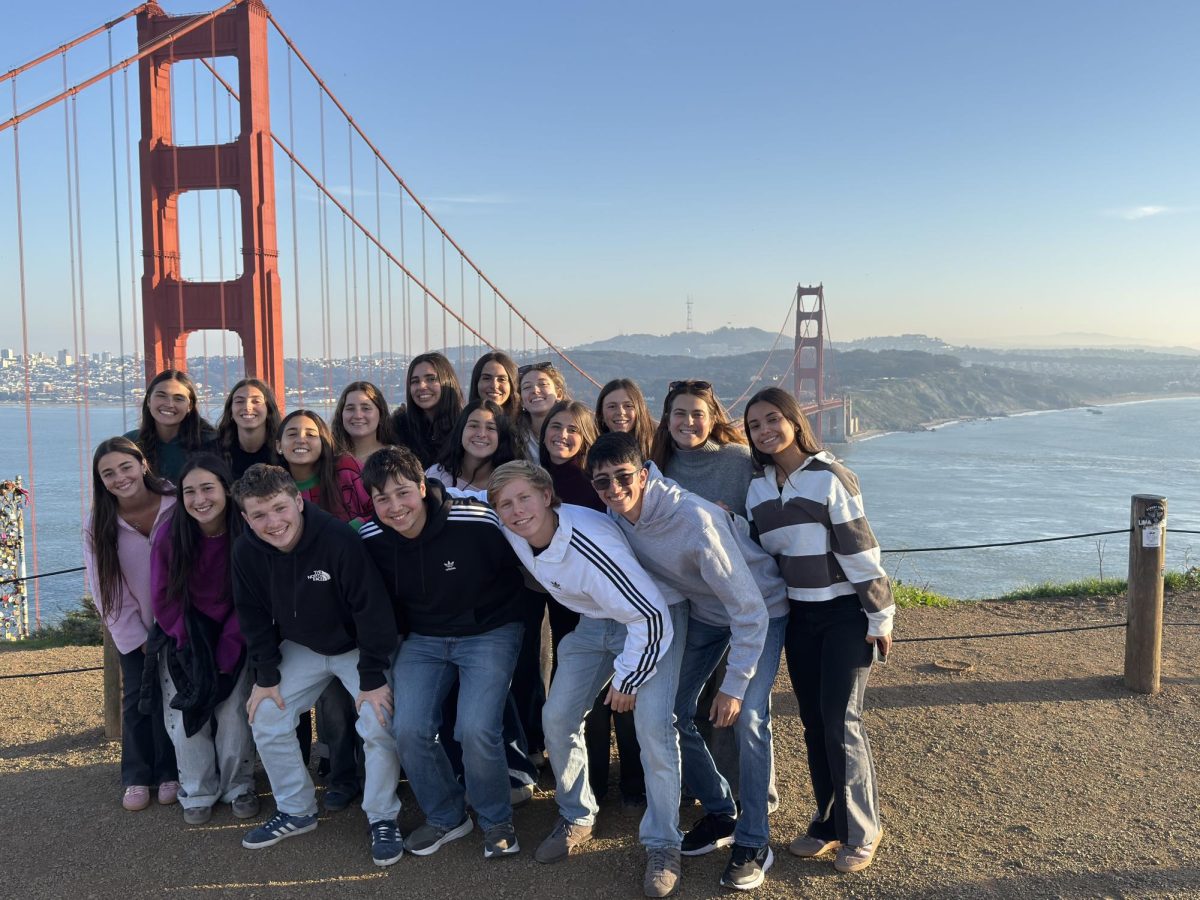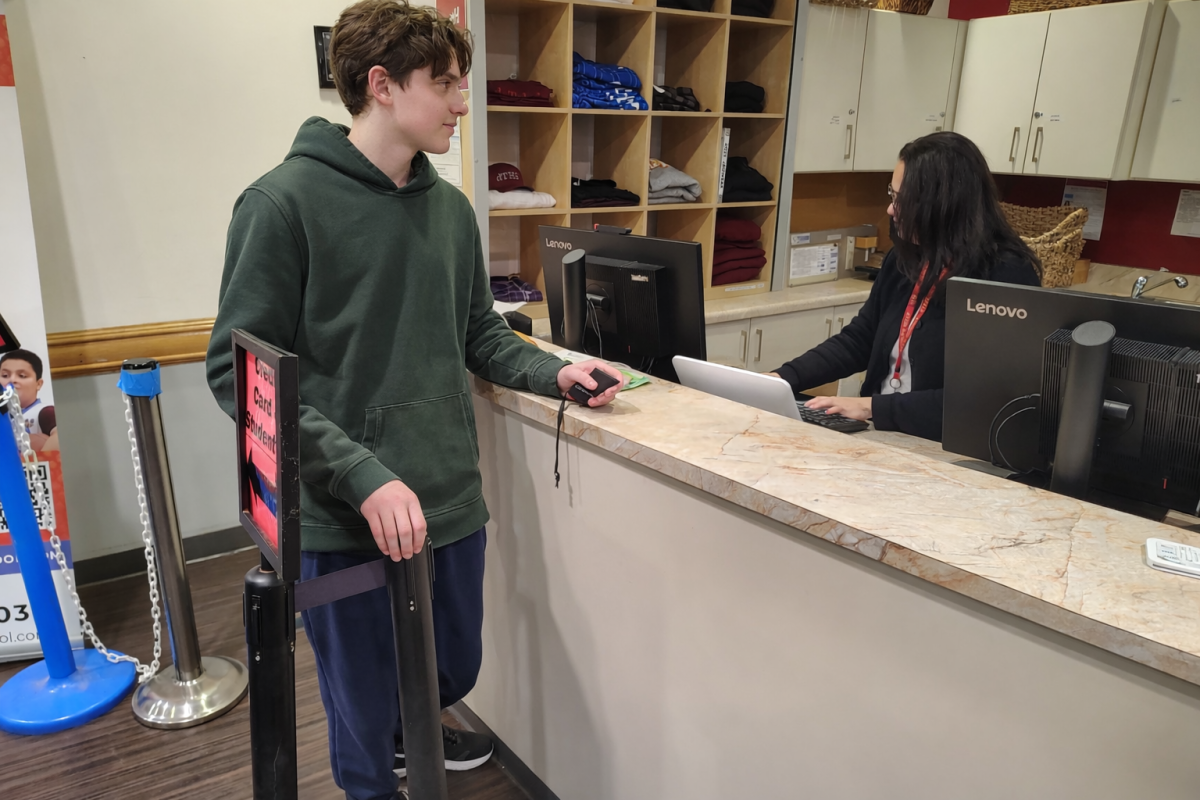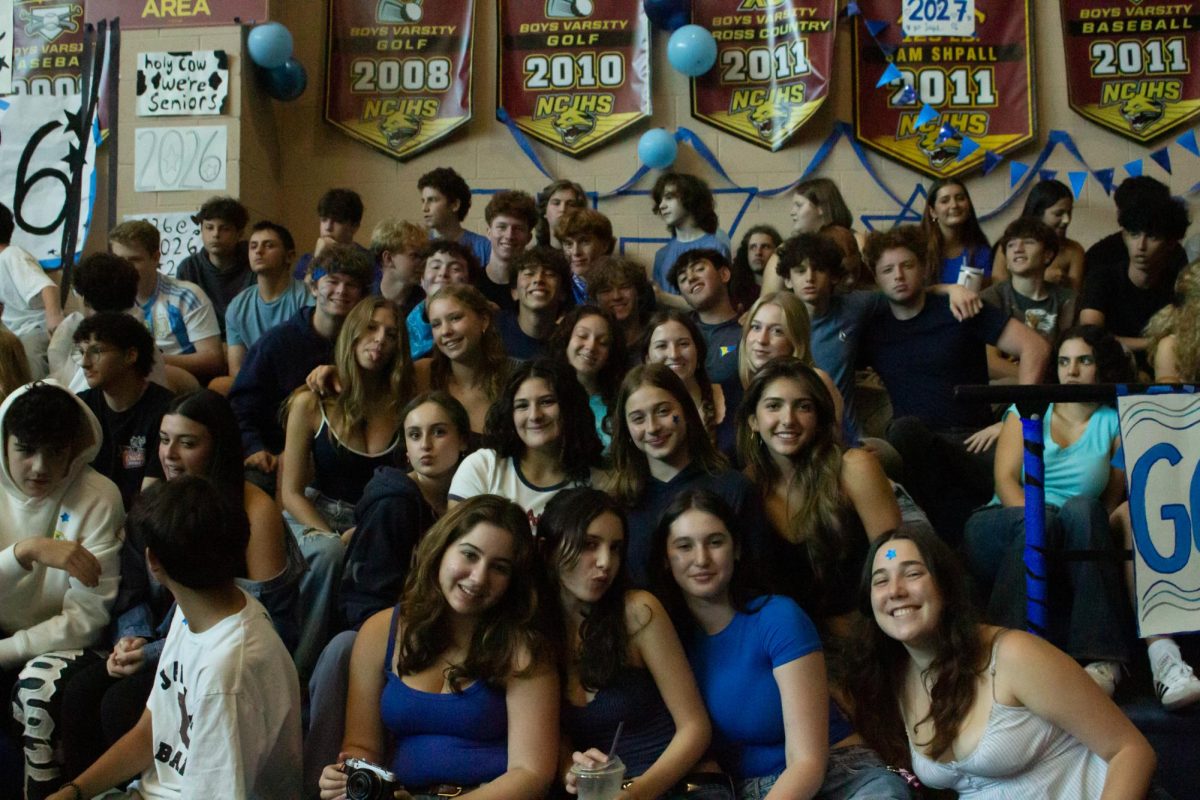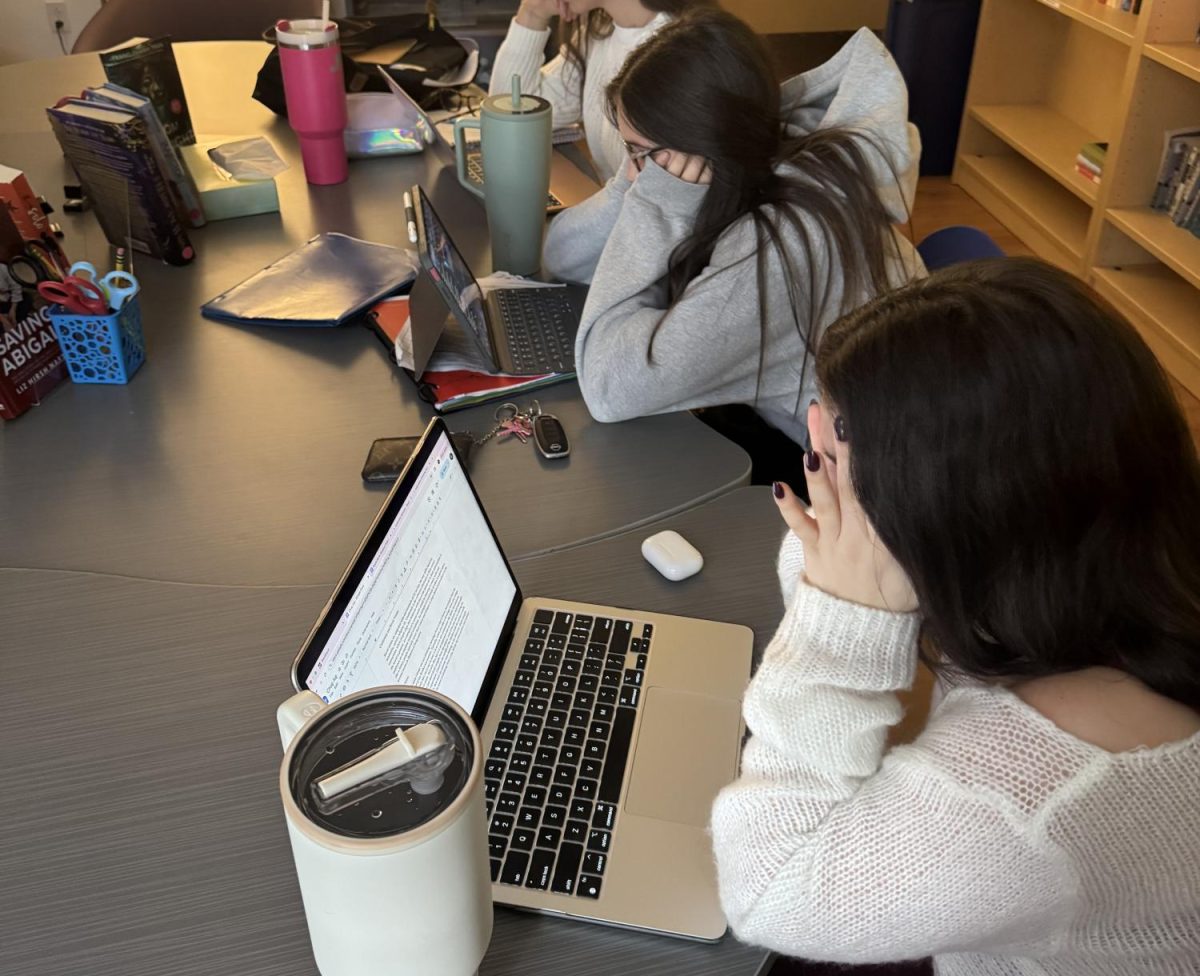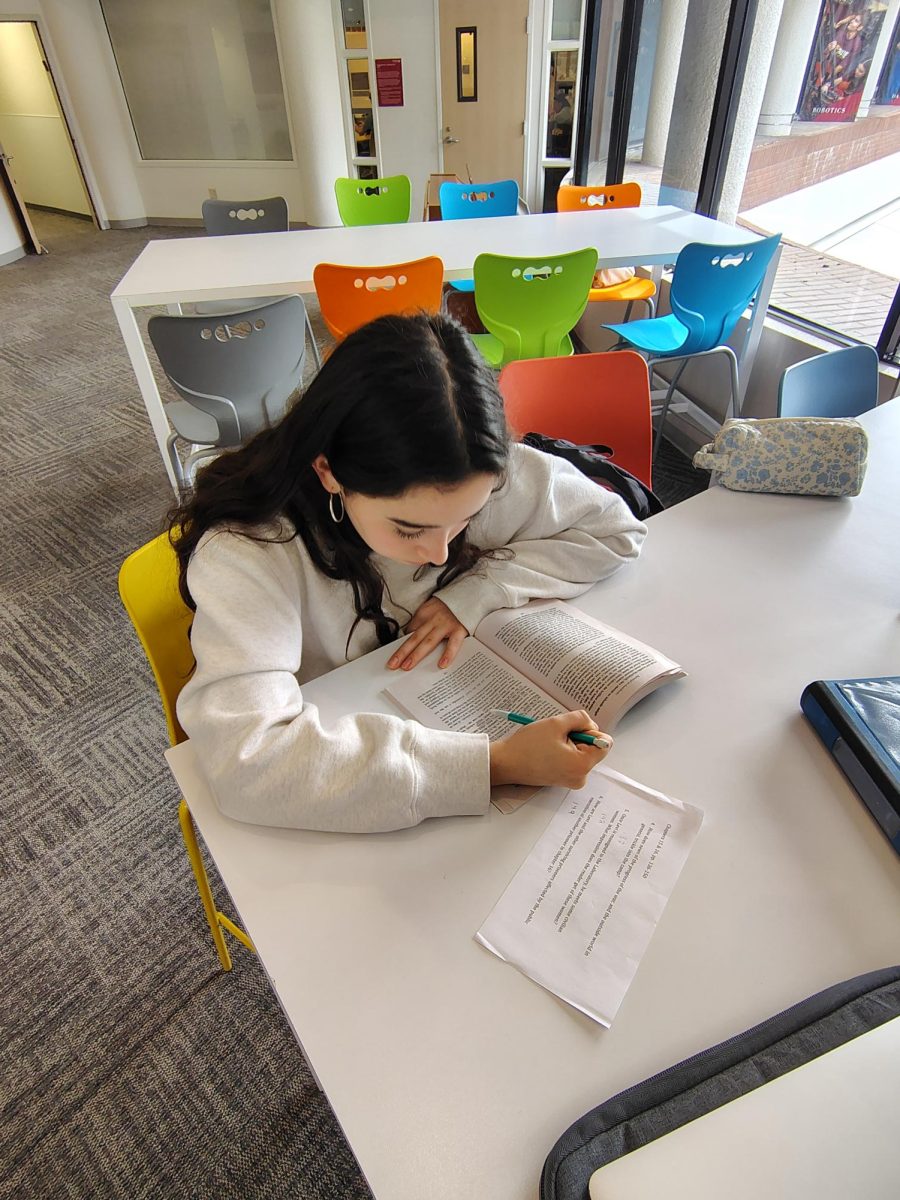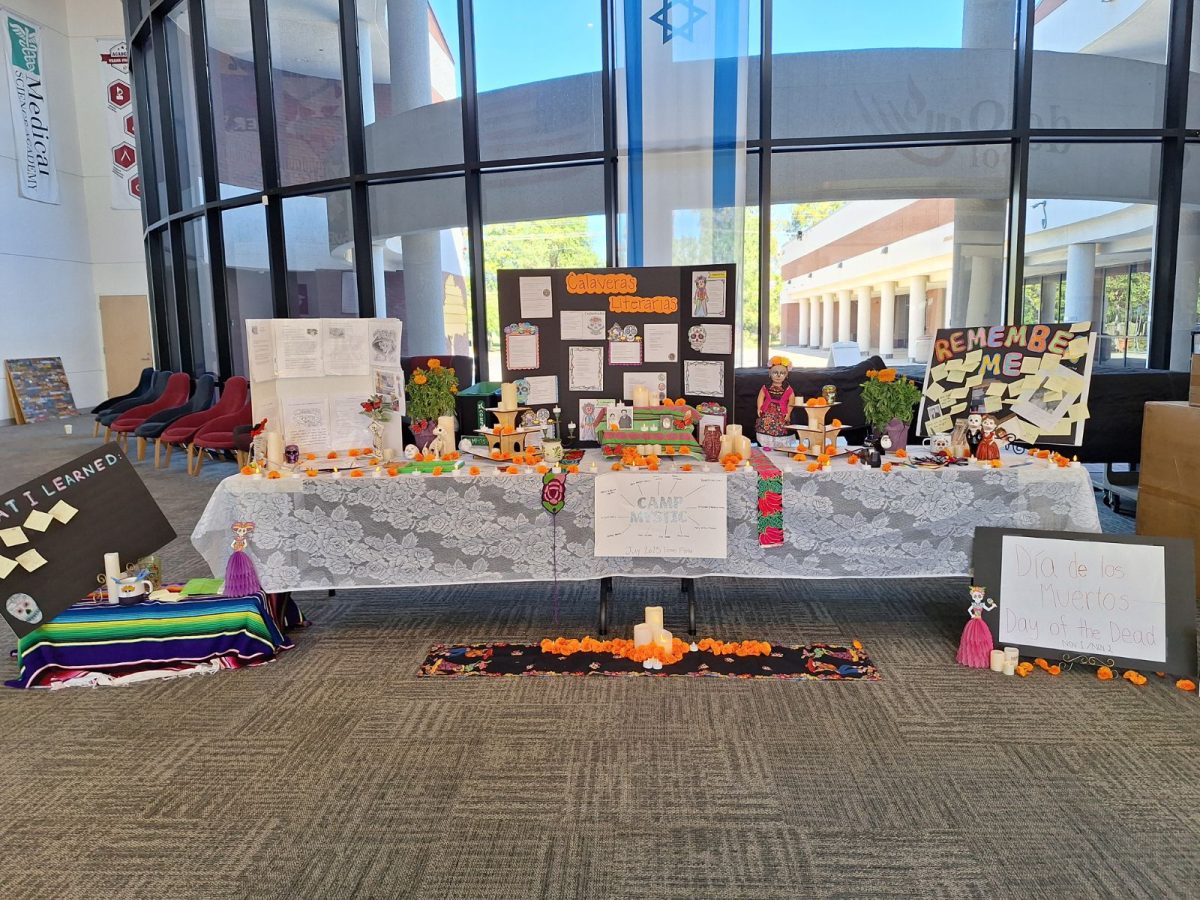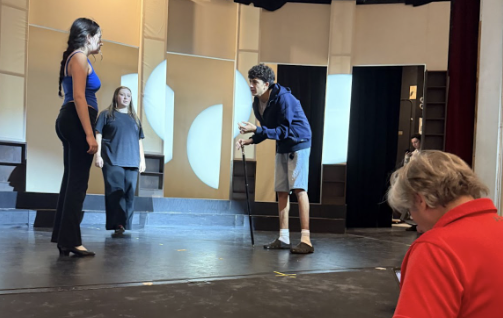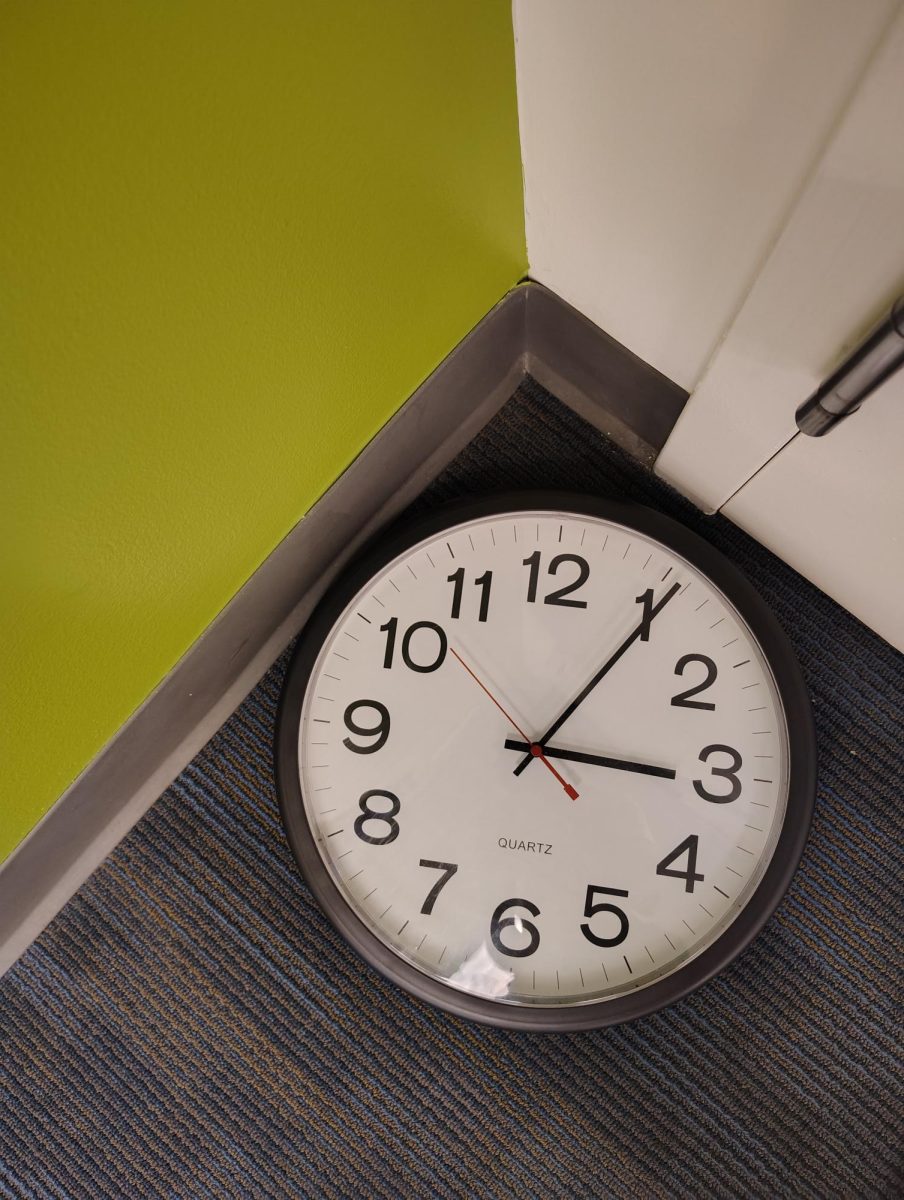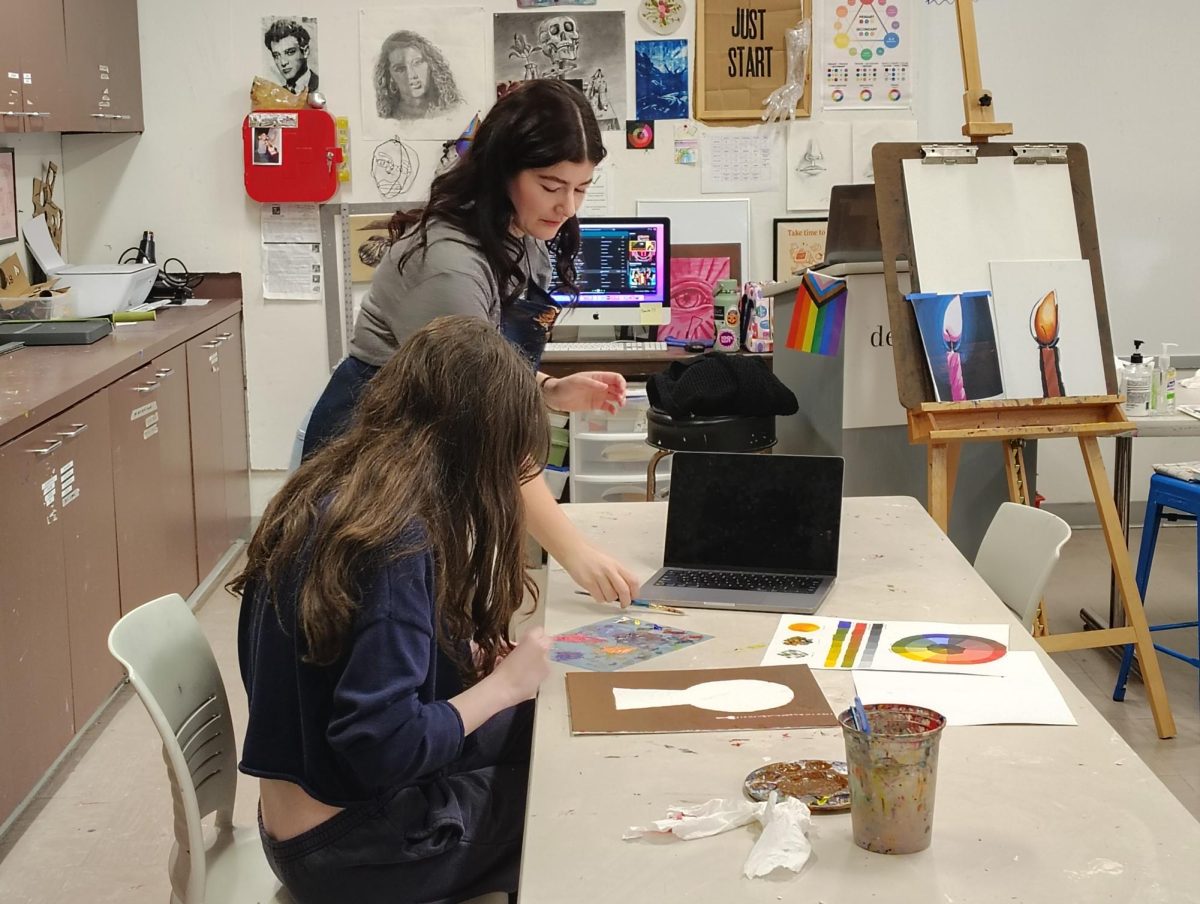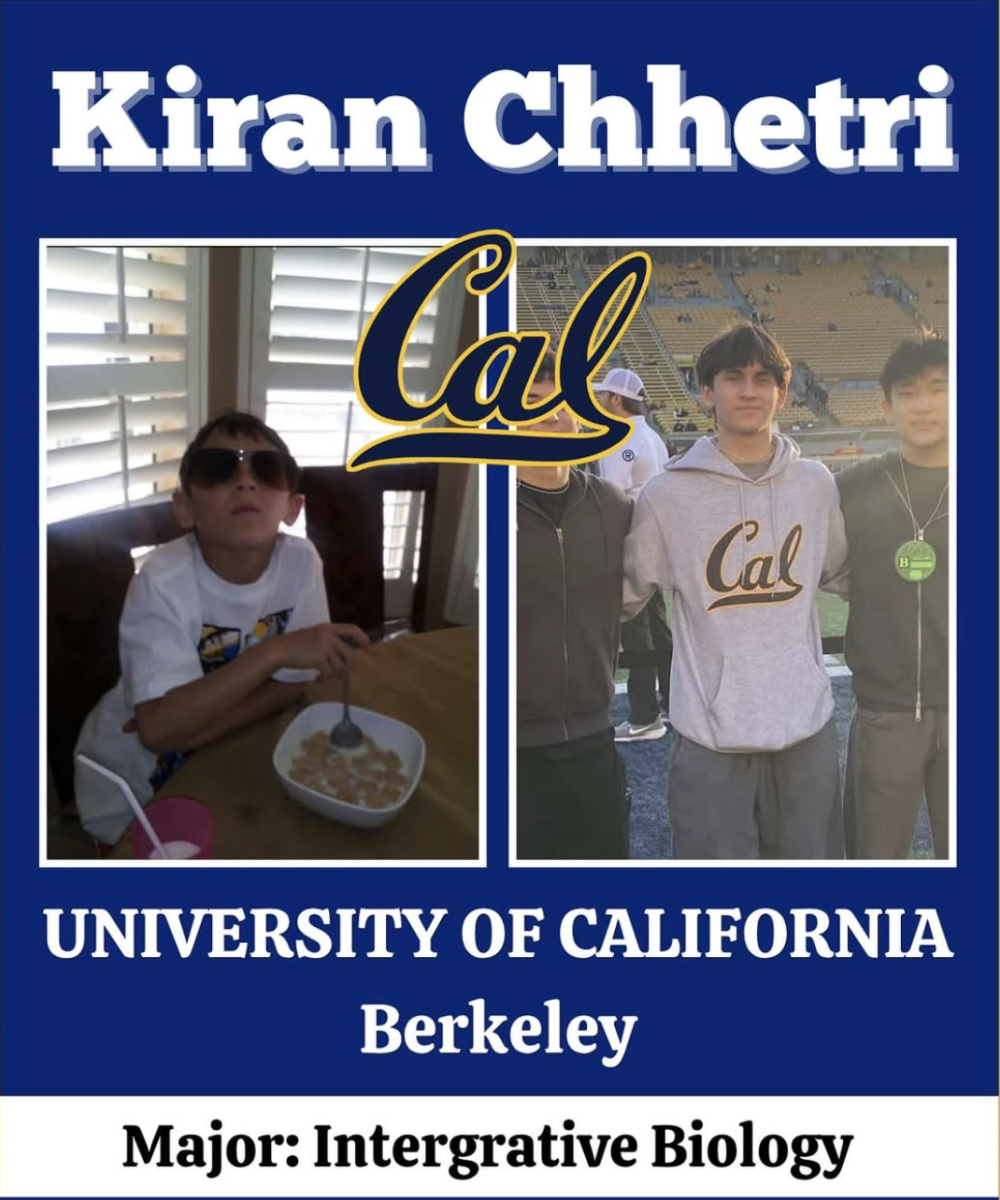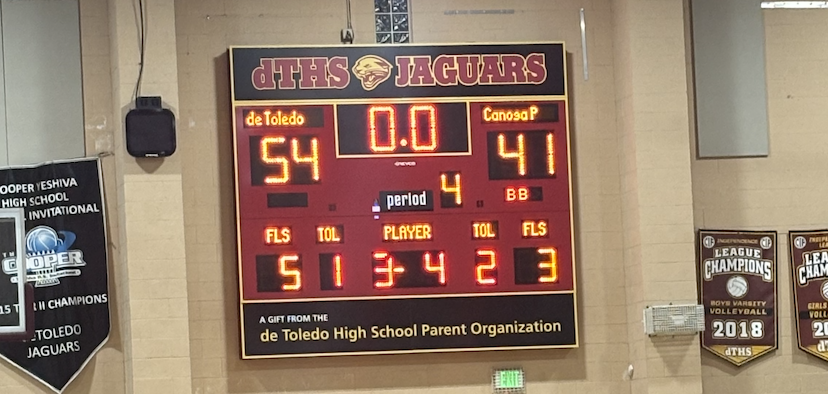de Toledo Finances: On a Mission
May 30, 2017
From our school’s opening in 2002, one of Dr. Powell’s foundational goals was to create a community that did not exclude people for financial reasons. His vision, as he explained in a recent interview, was that “we’d never have to turn a Jewish family away because of an inability to pay the full tuition.”
That vision has been guiding de Toledo High School to this day, with approximately “50 percent plus” of our students receiving financial assistance, according to Chief Operating Officer Deborah Shapiro.
de Toledo did not always have the ability to give out this much financial aid, but over time the amount of tuition assistance has increased substantially. Ms. Shapiro explained that “as tuition grows, our tuition assistance grows because the need grows. So, we’ve given more tuition assistance over the years because tuition grows.”
This system became much more important in 2008. “When the economy crashed in 2008,” Dr. Powell said, “we had to evolve that program and it doubled in size because people were out of work.” Eventually, he explained, “the economy got better and we’ve been able to reduce it.”
The approach of having tuition pay for financial aid has also been changing, with the focus now shifting toward strengthening the school’s endowment fund.
In the words of Dr. Powell, an endowment is “a block of money in the bank that builds interest” and is “key to the whole economic structure of our entire school.” This money is extremely important in creating a sustainable tuition assistance program, as the entire endowment is solely used for financial aid. The larger the endowment, the more people who can come to de Toledo on tuition assistance.
de Toledo’s goal for its fund is “25-30 million dollars of endowment to actually support our financial aid,” according to Ms. Shapiro,.
What does this all mean? What does it mean to include others and build the necessary resources in order to so?
The fundamental answer is that the tuition assistance program is contributing to the school’s mission of inclusivity and community, which go hand-in-hand.
Financial aid leads to more inclusivity by giving more students the opportunity to come to de Toledo High School. It also emphasizes this idea of “circle of friends” that is continuously taught to the entire student body, because it allows all types of students to be included in the school community. It demonstrates, as Dr. Powell said, that “our mission is to include.”
Another mission that the financial aid program helps with is that of community. “When we have a Jewish community,” Dr. Powell explains, “it builds a power source that can radiate. Where one person is not as powerful as 100,000 people. The importance and also living in a vibrant community creates better family life, more meaning, more purpose, and more joy.”
A specific instance of the impact of this value involves senior James Meledandri, who never had a Bar Mitzvah. Dr. Powell related that during the Shabbaton, James’ friends threw him a Bar Mitzvah party. He then read Torah for the first time in his life in front of the school community.
While he was reading, his friends supported him and later started dancing with him. Dr. Powell said, “how did that make him feel? Happy and valued. What an amazing thing, he’ll never forget that in his whole life… He’s going to want to do it for other people, and now we have a better world.”
The financial aid program is extremely important for bringing in students who can contribute to the school community, this “power source.” In addition, the financial aid program is assisting de Toledo High School in its mission to include all. Without the financial aid program, our school would not be what it is today. The program helps to reaffirm that every student at the school is valued and can contribute significantly to their educational and religious communities.


